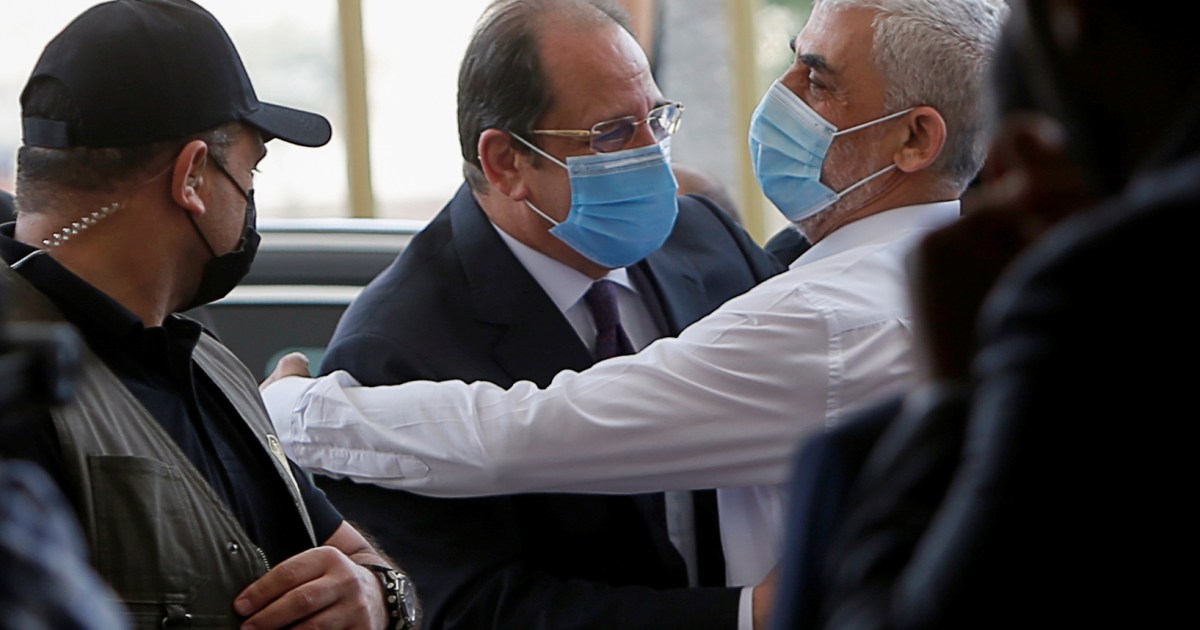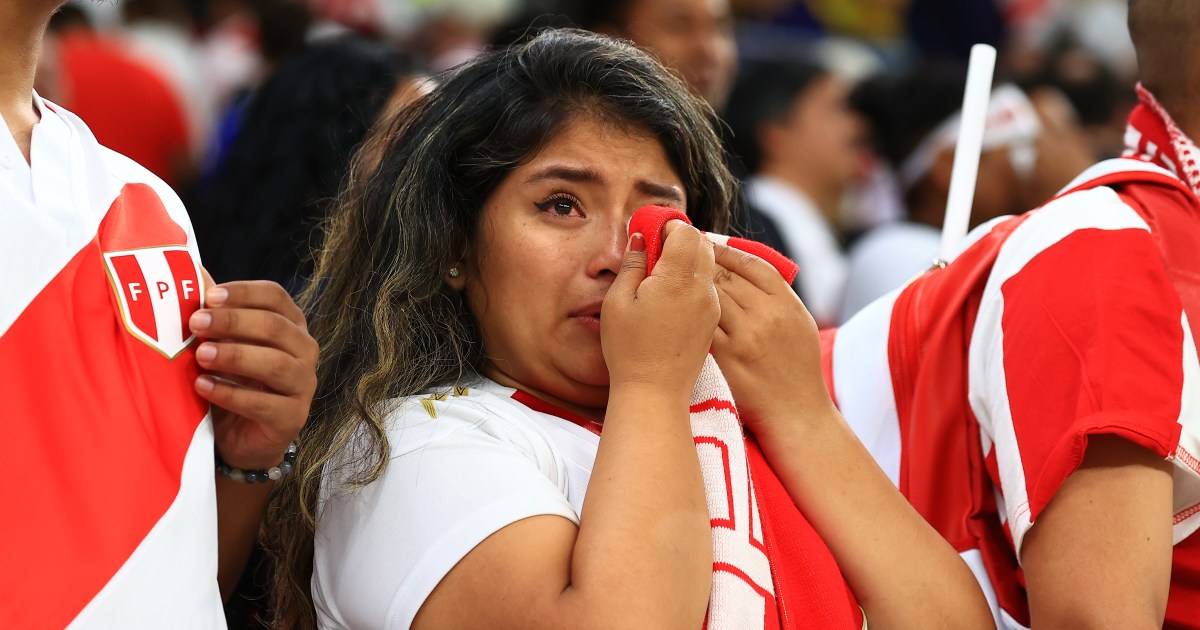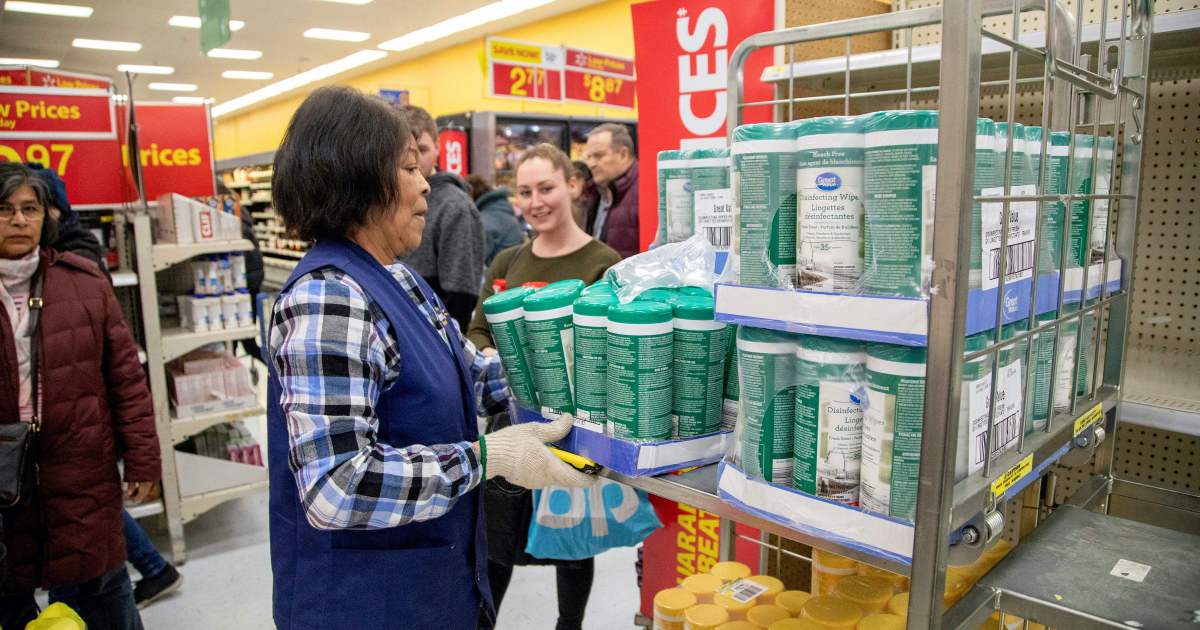Egypt’s role in Gaza: More than a mediator | Israel-Palestine conflict News
Gaza City – Tensions have once again escalated between Hamas and Israel over the past two weeks.
Israel’s raids in occupied East Jerusalem’s Al-Aqsa Mosque compound sparked the firing of rockets from Gaza into Israel, and Israel hit the besieged Gaza Strip with air attacks, raising fears of a new war.
This time, much as has happened in the past, the two sides turned to a trusted third party – Egypt.
Cairo had played a prominent role, mediating between Hamas and Israel to reach a ceasefire after Tel Aviv’s offensive on Gaza in May 2021, and has also been a vital stakeholder, mediating between Palestinian factions and Israel during previous attacks on the territory.
The Egyptians also participated in the reconstruction of Gaza after the 2021 offensive by pledging $500m to rebuild housing units that were destroyed.
Yet, at the same time, Egypt has been a partner with Israel in maintaining the blockade on the Gaza Strip, and has destroyed smuggling tunnels that, while bringing in weapons, also brought in vital supplies that helped circumvent the blockade.
Egyptian mediation is the role of the country’s General Intelligence Service, highlighting the importance of maintaining calm in Gaza to Egypt’s national security.
It also explains why many in Gaza, including leading politicians, are often not willing to discuss the topic openly.
Suhail al-Hindi, a member of Hamas’s political bureau, explained to Al Jazeera that while he preferred not to discuss the details of Egypt’s mediation with Israel, Hamas appreciated Egyptian efforts to de-escalate the tension between Gaza and Israel and the role Cairo plays in conveying messages from Palestinian factions to all parties.
Al-Hindi said Hamas had used this channel of communication to tell Israel that “Al-Aqsa is a red line, and the resistance has the right to defend its people”.

Another senior Hamas leader, Mosheer al-Masri, told Al Jazeera that Hamas was active in its efforts at diplomacy and that this was partly thanks to Egypt.
“There is no doubt that Egypt has the greatest role in this, as it acted as a mediator, especially after the May offensive last year,” al-Masri said.
Mediation and blockade
Egypt’s role in Gaza gained more importance after Hamas defeated its Palestinian rival Fatah in 2007 and assumed full control of the territory.
Cairo has attempted several times to push for a reconciliation process between the two rivals to solve the longstanding dispute, without much long-term success.
Egypt’s General Intelligence Service also played a leading role as a mediator in brokering a prisoner swap deal between Hamas and Israel in 2011.
Tension followed the 2013 military coup against Egyptian President Mohamed Morsi, who along with his Muslim Brotherhood party, was an ideological ally of Hamas. That tension was intensified when Egypt’s new leader, Abdel Fattah el-Sisi, took a rigid stance against Hamas and ordered the destruction of a network of smuggling tunnels that had sustained Gaza’s economy.
In this period, Egypt also retrospectively accused Hamas of involvement in its 2011 revolution, and the Egyptian media launched negative campaigns targeting Hamas, accusing it of supporting “terrorist groups” in the Sinai Peninsula.
However, relations gradually took on a new shape after 2017, when Hamas issued a new political document that did not reference any official and organisational link with the Muslim Brotherhood. Since 2018, there has been an exchange of visits between high-ranking figures in Hamas and senior Egyptian intelligence officials.
Ultimately, Egypt’s power in Gaza comes from its control of the Rafah border crossing, a lifeline for the territory and the only entry and exit point not controlled by Israel.
Egyptian authorities can close the Rafah crossing whenever they want, making it nearly impossible for any one of the two million people in Gaza to leave or enter.
While there have been efforts to ease restrictions on goods and people crossing the border, its very presence reinforces Egypt’s power in the relationship between the two neighbours.
An important partner
Yousef Abu Watfa, a writer and researcher in Egyptian affairs, explained the dynamic between Hamas and Egypt, and the role Egypt has in Palestinian affairs.
“Hamas highly respects the Egyptian side and the Palestinian factions are very disciplined in their media discourse on Egypt,” Abu Watfa told Al Jazeera. “Egypt benefits from its mediation role in Palestinian file, as it gives it a political presence and importance in the region, [and one that it can demonstrate to] the US administration headed by [President] Joe Biden.”
Egypt has had a difficult time forging a relationship with the Biden administration, and the United States cancelled $130m of military aid for Egypt over human rights concerns.
For Hamas, however, Egypt remains an important partner, largely due to its geographical proximity.
“Hamas and the rest of the Palestinian factions are forced into mediation, and there is no other passage to Gaza other than Egypt, and therefore there is no point in opposing the Egyptian regime,” Abu Watfa added.
The gradual reduction in tension in the past few days since the exchange of rocket fire and air attacks last week is, according to Abu Watfa, an indication that Egyptian mediation works – although fundamentally Cairo still lacks leverage when it comes to Israel.
“The calm that has followed the firing of the missiles from Gaza and the Israeli bombing shows that there are clear Egyptian efforts to prevent things from developing,” Abu Watfa said.
“[But] while the Egyptian side is trying to prevent any escalation … the mediators have no force with which to pressure Israel.”




